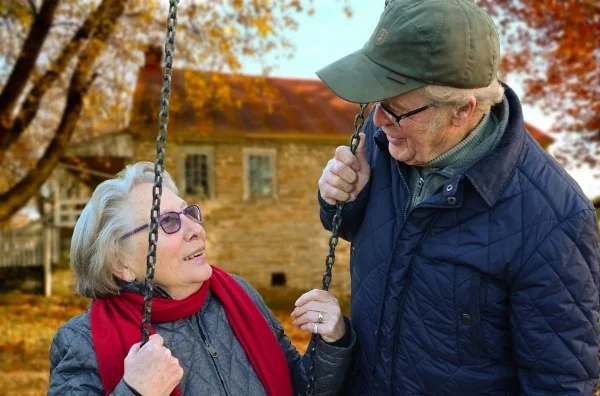Hey,
So you tried to be vulnerable in some way, whether it was telling someone how you felt, or asking for what you wanted or needed, or sharing about yourself in a way that felt like “too much,” or otherwise extending an invitation to someone to join you in being a little more human together. And for whatever reason, in some way, it didn’t go as well as you’d hoped. And maybe right now, you feel some combination of disappointed, sad, hurt, invalidated, anxious, hopeless, worthless, angry, frustrated, and/or other feelings you didn't sign up for.
What do the following have in common?
- A “define the relationship” conversation with a crush
- Mentioning to your roommate that you never check your Facebook messages
- Telling your friend that the way he acts when he’s angry is scary to you
We’ve all been there. You’re at a party, and somebody asks you a small talk question that you’re afraid will beget more small talk and before you know it, you’re thirty minutes deep into a discussion about traffic patterns in your local area. Whether the question that somebody is asking you is, “Where are you from?” Or, “Wasn’t the traffic getting here awful?” You can prevent your conversation from slipping into a night of small talk by responding the following way:
Read MoreHave you ever felt comfortable telling something intimate to your hair stylist or bartender or ride-share driver, and then finding yourself feeling warm toward them, and perhaps inclined to tip more? Have you ever developed strong feelings for someone you were dating in a low-stakes context, like someone you knew you didn’t want to be with long-term? Then you are likely familiar with what I’ve deemed “the vulnerability paradox.” According to the vulnerability paradox, a pattern I’ve noticed in myself and others, it’s often easier to open up to those we are not relatively close to, yet, the very act of opening up brings us closer.
Read MoreCultural niceties can make it challenging to answer “How are you?” honestly if you are feeling much more than, “Fine, thanks. How about you?” If you change up the phrasing of your question even slightly, though, it can often be enough to disrupt the automatic process that leads to uninformative and uninteresting answers. Here are some options for making it easier on others to answer you honestly, even if they’re not feeling “fine.”
Read MoreWe'll cut to the chase. It’s boundaries, or more specifically, setting boundaries liberally and respecting them consistently.
Surprised? Think about it this way. Boundaries come on a spectrum, which looks different for each person-- there are smaller boundaries, which might look like, “Please lower your voice; my roommates are sleeping” and bigger boundaries, which might be more like, “Please don’t come to my house again.”
What a lot of folks don’t realize is that setting and respecting smaller boundaries are the single best way to avoid the big boundaries.
I used to be awful at receiving critical feedback or anything I perceived as rejection. I was so bad at it that it led me to quit things I otherwise enjoyed. I went to musical theater camp as a middle schooler and got turned down for big parts for two summers, so I quit. As a dance team member in high school, I had to hear about how I could improve on a regular basis, so I quit. The pattern pervaded pretty much all aspects of my life for years.
America is incredibly lonely, but social norms and the nature of loneliness, itself, can make it difficult for people to take the actions that make them feel more connected to others; loneliness can lead to a feedback loop in which feelings of isolation make you perceive the world in ways that lead you to feel even lonelier.
Since this leaves a lot of folks feeling trapped in their loneliness and unable to see a way out, we decided to develop some activities to help break the cycle.
I’ve always been a “friend-group therapist.” Even as my social network has morphed over time, the one constant is that for better or for worse, people seem to come to me for help with their struggles more often than they go to others. It’s been that way ever since I was in grade school, when my crush looked to me for advice about whether or not he should tell HIS crush that he was really into her (ouch).
Read MoreImagine you’re hanging out with a friend.
You’ve been chatting for a bit, and they reveal something more vulnerable about themselves than they usually discuss with you. Maybe it’s admitting that they feel lonely at work, or maybe it’s talking about their history with depression. Whatever it is, it’s a level or two deeper than your usual conversations.
How do you respond?
Read MoreI recently found myself in two almost identical social situations with one small difference that changed everything about the way the interaction went down.
A few months ago, I had some new friends over my house when one of my friends took advantage of a brief silence:
“Can I ask you all a weird question?”
We all nodded and leaned forward a tiny bit in our chairs.
“Is a hamburger a sandwich?”
Read More










